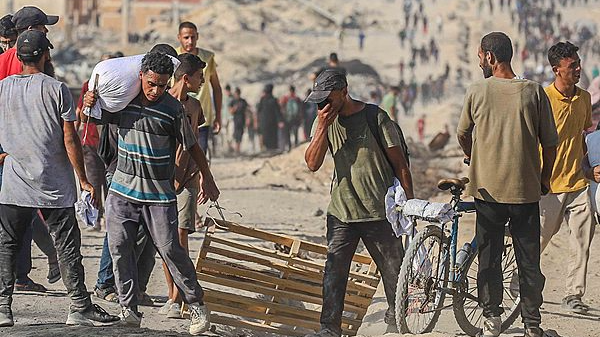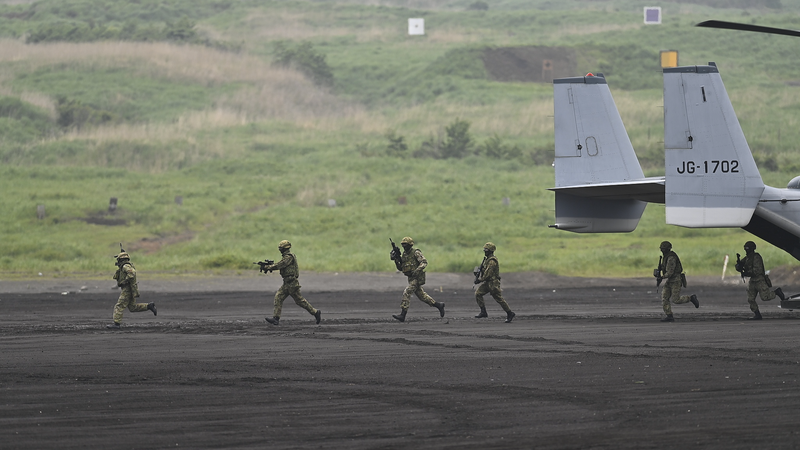Talks aimed at securing a 60-day ceasefire in Gaza hit a major roadblock this weekend, as Israeli and Palestinian negotiators remain deadlocked over how far Israeli forces should pull back from the Palestinian enclave. Delegations from Israel and Hamas have been meeting in Doha for a week, pushing a U.S.-backed proposal, but key sticking points threaten to unravel progress.
U.S. President Donald Trump has publicly urged a breakthrough based on the new ceasefire blueprint, yet Palestinian and Israeli sources say neither side is budging. Israel demands phased troop withdrawals only after all hostages are freed, while Hamas insists on an end to hostilities as a precondition for releasing remaining captives.
On the ground, the humanitarian toll continues to climb. Gaza medics reported that 17 people seeking food aid were shot and killed this Saturday during a U.S.-backed distribution. Witnesses described victims struck in the head and torso, while the Israeli military maintains its forces fired warning shots and found no evidence of live ammunition injuries upon review.
This is the latest in a pattern of deadly clashes around aid convoys—UN figures estimate around 800 deaths in the past six weeks linked to distribution sites. The violence underscores the fragile balance between meeting urgent civilian needs and managing military risks in densely populated areas.
Behind closed doors in Doha, Israeli officials blame Hamas for what they call “stubborn positions” that stall mediators’ work. A Palestinian source counters that Israel’s proposed withdrawal maps would still leave 40 percent of Gaza, including Rafah and swaths of northern and eastern areas, under Israeli control—unacceptable to Hamas negotiators.
Two Israeli insiders say Hamas wants a full return to frontline positions from a previous ceasefire before its March offensive. Beyond territory, negotiators are wrestling with guarantees to end the war and secure steady aid deliveries, as both sides dig in on core demands.
As discussions stretch into a second weekend, the world watches closely. For young global citizens and changemakers, these talks highlight the complexity of peacemaking, the human cost of stalled diplomacy, and the critical role international mediators play in bridging deep divides.
The coming days will test whether data-driven proposals and high-level pressure can overcome entrenched positions—or if Gaza’s humanitarian crisis will worsen while talks remain stalled.
Reference(s):
Gaza truce talks falter over Israeli withdrawal as 17 people killed
cgtn.com




